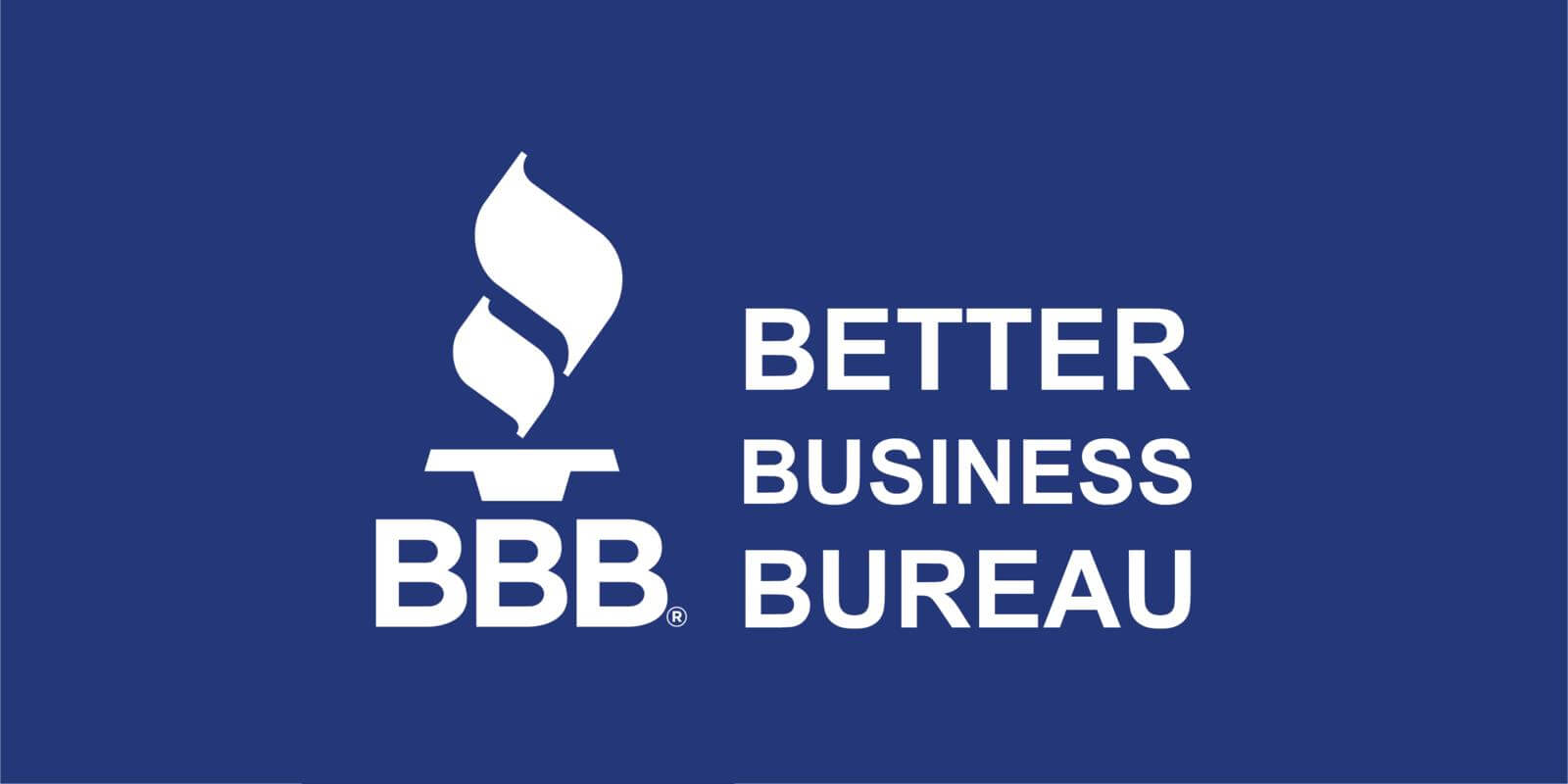Business Bureau Ratings: What They Mean for Your Company’s Reputation

Business Bureau Ratings: What They Mean for Your Company’s Reputation-In today’s competitive marketplace, a company’s reputation can be its most valuable asset. Consumers are more discerning than ever, often turning to resources like the Better Business Bureau (BBB) to inform their purchasing decisions. Understanding Business Bureau ratings is crucial for any company looking to build and maintain a positive reputation. Let’s explore what these ratings mean and how they can impact your business.
What is the Business Bureau?

The Better Business Bureau has been a trusted resource for consumers and businesses since its inception in 1912. Its mission is to promote ethical business practices and foster trust in the marketplace. Through a rigorous evaluation process, the BBB assigns ratings to businesses based on their performance and customer feedback. These ratings are not just numbers; they reflect a company’s commitment to transparency, integrity, and customer service.
Understanding Business Bureau Ratings
The BBB assigns ratings on a scale from A+ to F, with A+ being the highest rating. This evaluation is based on several factors:
- Complaint History: The number of complaints filed against a business and how they were resolved.
- Time in Business: Longevity can be a positive indicator, showing stability and experience.
- Transparency: Businesses that are open about their practices and provide clear information tend to receive higher ratings.
- Advertising Issues: Any deceptive advertising practices can negatively impact a company’s score.
- Licensing and Government Actions: Compliance with government regulations and lack of legal issues play a significant role. (Read More: The Future of Business Administration Jobs: Navigating Industry Changes and Innovations)
Why Business Bureau Ratings Matter

- Consumer Trust: A solid Business Bureau rating is a powerful trust signal. Consumers often use BBB ratings as a shorthand to gauge the reliability of a business. A high rating can lead to increased customer confidence, while a low rating can deter potential buyers.
- Competitive Advantage: In crowded markets, having a higher BBB rating than competitors can set your business apart. Consumers are more likely to choose a company with an A or B rating over one with a C or lower.
- Influence on SEO: Online reputation management increasingly affects search engine rankings. Positive Business Bureau ratings can boost your online presence, making it easier for customers to find you and trust you.
- Feedback Loop: BBB ratings are also a form of feedback. If your rating is low, it can highlight areas for improvement, such as customer service or product quality. Addressing these issues can lead to a better rating and enhanced customer satisfaction.
How to Improve Your Business Bureau Rating
Improving your BBB rating isn’t just about avoiding complaints; it’s about actively fostering a culture of excellence. Here are some practical steps to enhance your rating:
- Prioritize Customer Service: Excellent customer service can transform negative experiences into positive reviews. Make it easy for customers to reach out and ensure their concerns are addressed promptly and effectively.
- Encourage Feedback: Proactively ask satisfied customers to leave reviews on the BBB website. The more positive feedback you receive, the more it can counterbalance any negative ratings.
- Resolve Issues Quickly: If a complaint is filed, address it as soon as possible. The way you handle complaints can have a significant impact on your rating. Demonstrating a willingness to resolve issues reflects well on your business.
- Be Transparent: Provide clear information about your products, services, and policies. Transparency builds trust, and being open about your business practices can lead to better ratings.
- Stay Compliant: Ensure that your business adheres to all applicable laws and regulations. Avoid practices that could lead to legal actions, as these can adversely affect your rating. (Read More: The Role of Technology in Business Transformation on 2024: A Catalyst for Evolution)
The Ripple Effect of Ratings
A good Business Bureau rating doesn’t just impact your customer relationships; it can also affect partnerships, supplier relationships, and even employee morale. Businesses with higher ratings often attract better talent and more reputable partners, creating a positive feedback loop of success and credibility. (Read More: Business Trends in the Technology Sector Making the Most Profits)
Responding to Criticism

Even with the best intentions, negative reviews or complaints can occur. It’s crucial to handle these situations gracefully. A thoughtful response to criticism can demonstrate your commitment to customer satisfaction. Here are some tips:
- Acknowledge the Issue: Show that you’re listening and care about the customer’s experience.
- Offer Solutions: Provide a clear pathway to resolution. This can often turn a negative experience into a positive one.
- Stay Professional: Always maintain professionalism in your responses, even if the feedback is harsh.
Conclusion article Business Bureau Ratings: What They Mean for Your Company’s Reputation
In a world where reputation is everything, Business Bureau ratings are an essential component of a company’s identity. They serve as a reflection of your commitment to ethical practices and customer satisfaction. By understanding what these ratings mean and actively working to improve them, your business can build a trustworthy reputation that attracts and retains customers. In the end, a strong BBB rating is not just a badge of honor; it’s a vital asset that can drive your company’s success in an increasingly competitive market.





